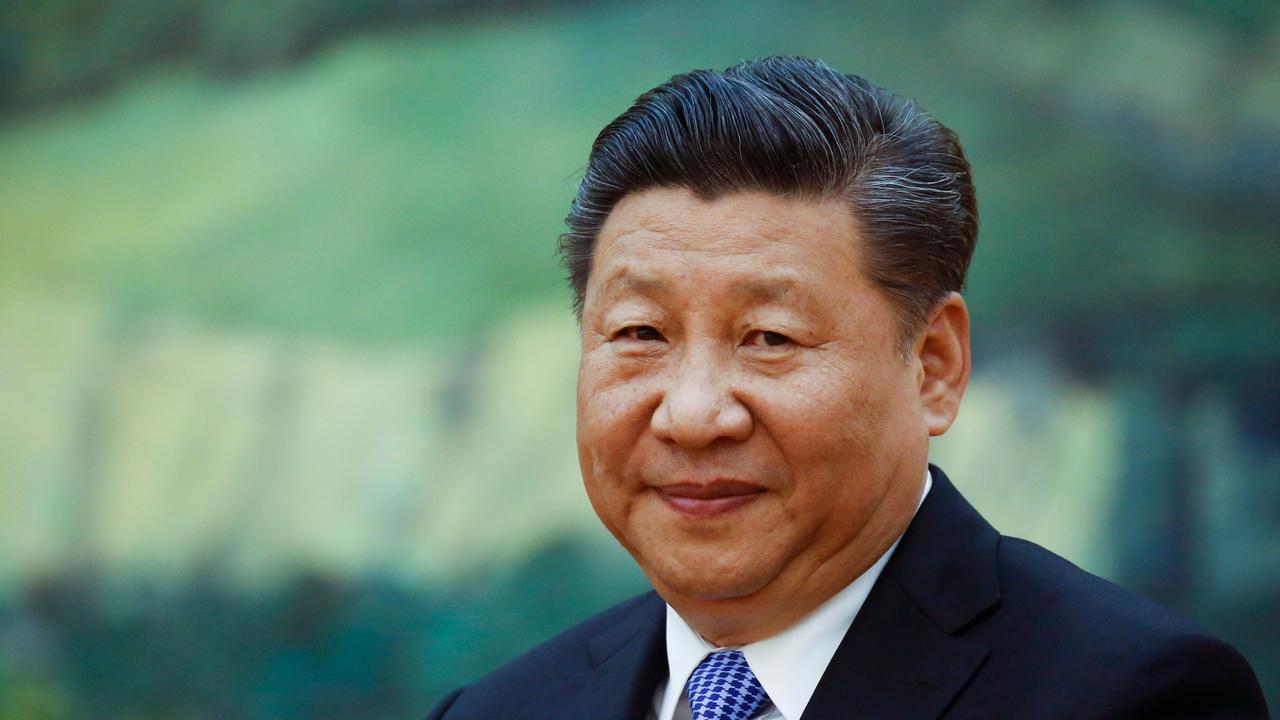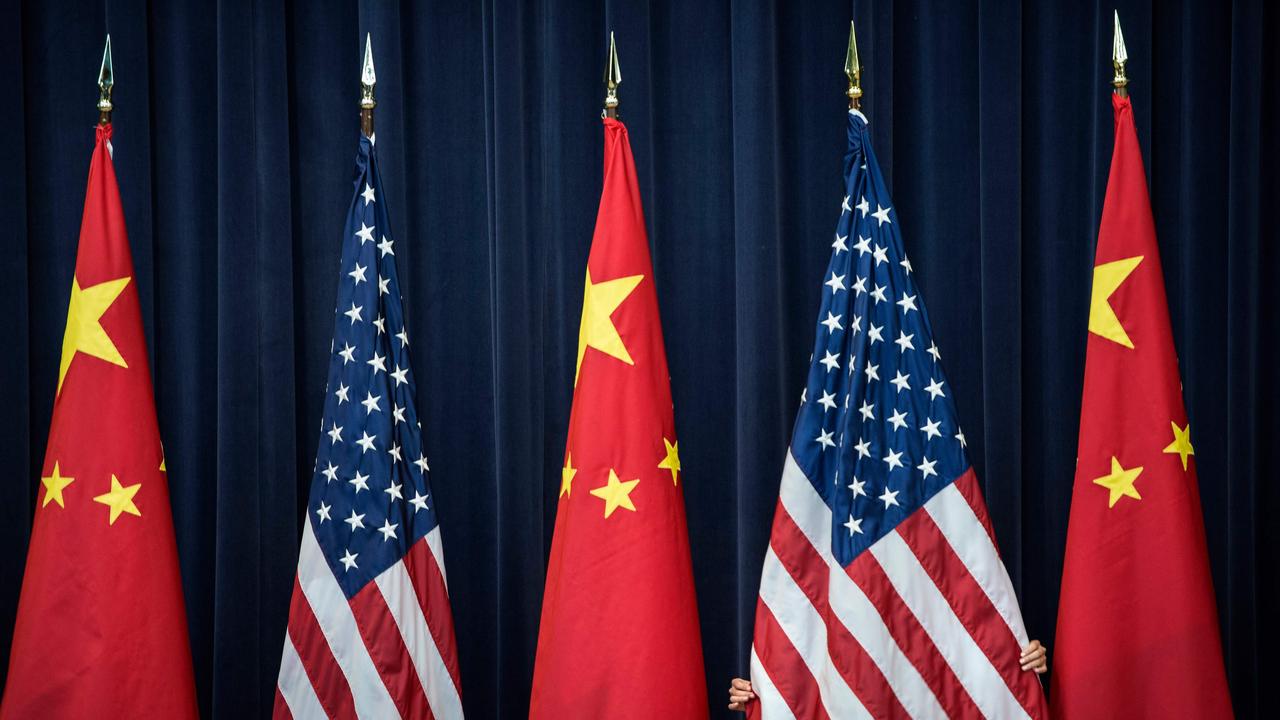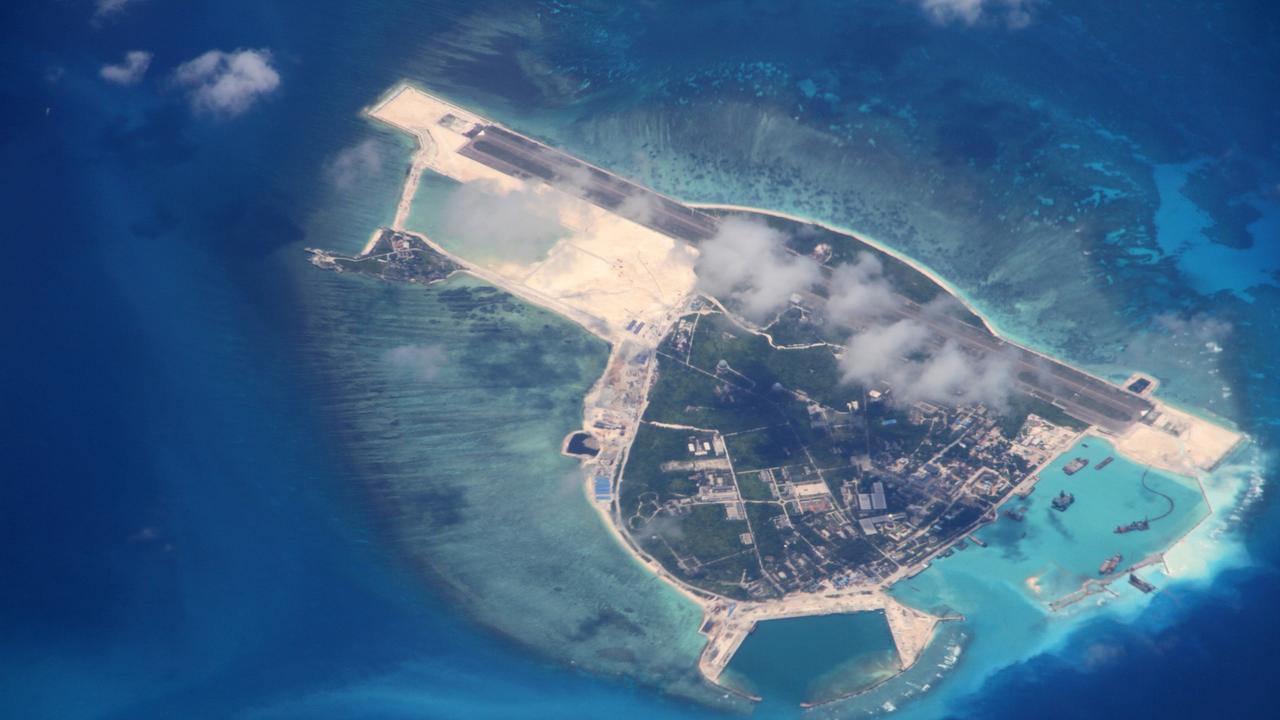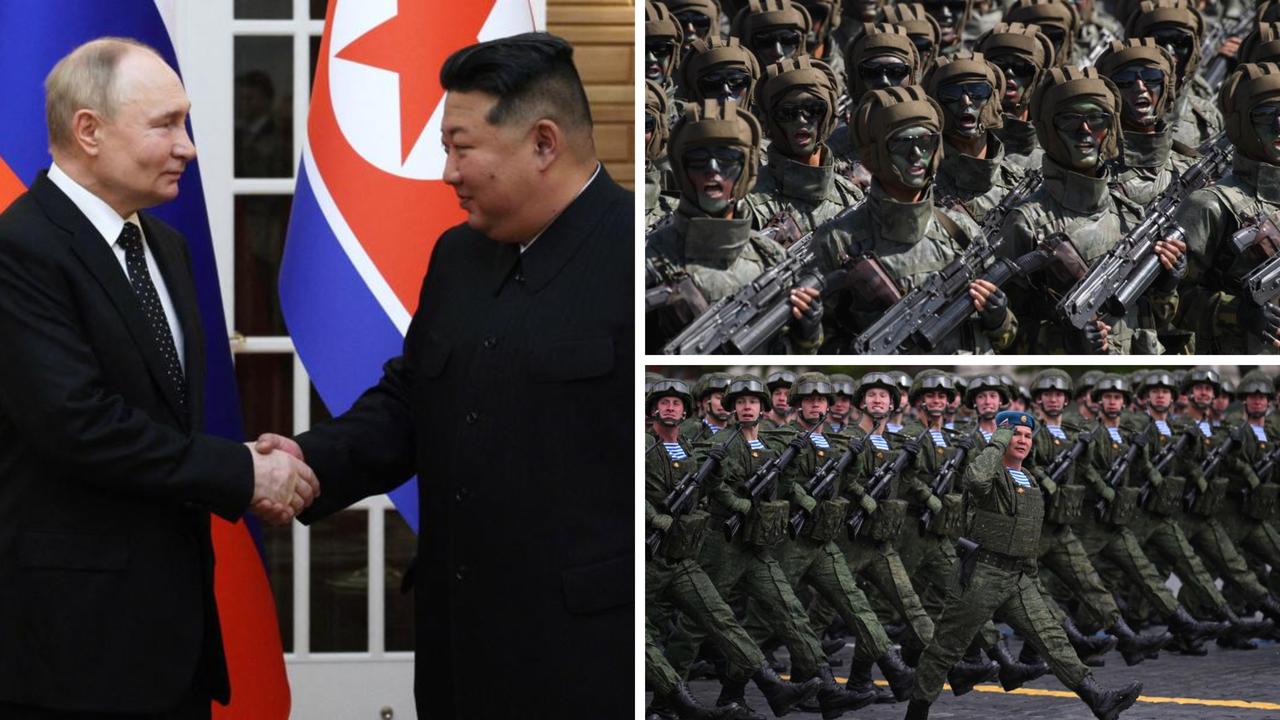China waging ‘cold war’ in its bid to become the world’s dominant power, CIA expert warns
CHINA is waging a subtle cold war in its bid to become the world’s dominant power, a top CIA expert has warned. What does this mean for Australia?
CHINA is quietly waging “a cold war” in its bid to become the world’s dominant power, a top CIA expert has warned.
Michael Collins, deputy assistant director of the CIA’s East Asia mission centre, said China was waging a “quiet kind of cold war” against the United States, using all of its resources to try to replace America as the leading power in the world.
He noted that Beijing didn’t actually want to go war, but said the current Communist government under President Xi Jinping was working on multiple fronts to subtly undermine the US.
“I would argue … that what they’re waging against us is fundamentally a cold war — a cold war not like we saw during THE Cold War (between the US and the Soviet Union) but a cold war by definition,” he said at the Aspen Security Forum.

China has been asserting itself as a global power for well over a decade.
The country is getting more confident employing its rising power and influence. We’re seeing this in various ways: Beijing is pushing for a central place on the world stage, has abolished term limits for Mr Jinping, and is pushing its “Belt and Road Initiative”, a trillion-dollar project that seeks to connect countries across continents on trade — with China at its centre.
The country’s rising tensions with the US go beyond the trade dispute playing out in a tariff tit-for-tat between the two nations.
There is concern over China’s efforts to steal business secrets and details about hi-tech research being conducted in the US.
The Chinese military is expanding and being modernised and the US, as well as other nations, have complained about China’s construction of military outposts on islands in the South China Sea.
“I would argue that it’s the Crimea of the East,” Mr Collins said, referring to Russia’s annexation of Ukraine’s Crimean Peninsula.

Mr Collins’ comments track warnings about China’s rising influence issued by others who spoke earlier this week at the security conference.
The alarm bells come at a time when Washington needs China’s help in ending its nuclear stand-off with North Korea.
On Wednesday, FBI Director Christopher Wray said China represented the broadest and most significant counterintelligence threat that America faced.
He said the FBI had economic espionage investigations in all 50 states that could be traced back to China.
National Intelligence Director Dan Coats also warned of rising Chinese aggression. In particular, he said, the US must stand strong against China’s effort to steal business secrets and academic research.
Marcel Lettre, former undersecretary of defence for intelligence, said China was also pursuing advances in cyber, artificial intelligence, engineering and technology, counter-space, anti-satellite capabilities and hypersonic glide weapons.
China’s weapons developments were emphasising the need to have a dialogue with Beijing, Franklin Miller, former senior director at the National Security Council, said.
“We need to try to engage,” he said. “My expectations for successful engagement are medium-low, but that doesn’t mean we shouldn’t try.”
‘AUSTRALIA NEEDS TO TAKE ON CHINA’
A senior US congressman has urged our nation to conduct its own freedom-of-navigation operations in the South China Sea, in a move that would certainly rattle Beijing.
Speaking with The Australian, he said it was important for the nation to take this step to send a clear message to Beijing that pursual of the sea would not be tolerated.
“This is a big priority — it’s maybe a little scary still (for Australia) to take that step but I was hoping (US) Admiral (Harry) Harris was going to be ambassador because he might have been as forceful and persuasive an advocate as there is.”
Experts have previously told news.com.au China posed a long-term threat to the West — including Australia.

Last week, the Pentagon’s top official Randy Schriver called on Australia to up its participation in the South China Sea.
“Australia needs to work through its comfort level,” he told Fairfax Media. “We have a shared interest in support for international law, for international norms.”
But Foreign Minister Julie Bishop rejected the idea of Australia conducting a solo exercise, saying it would be an “extraordinary” move.
“If suddenly Australia unilaterally conducted FONOPs against China, it would be the first we have done anywhere in the world. That would be an extraordinary step for a country like Australia to take when we have never conducted one anywhere.”
— With wires



